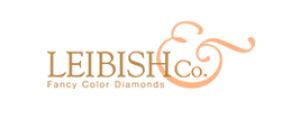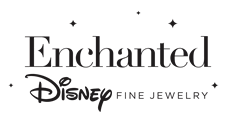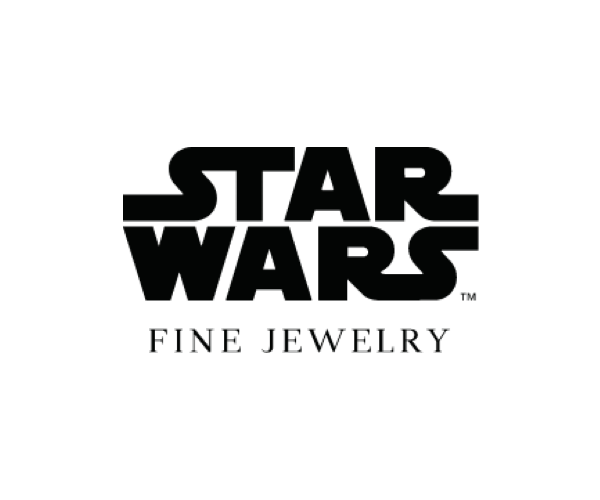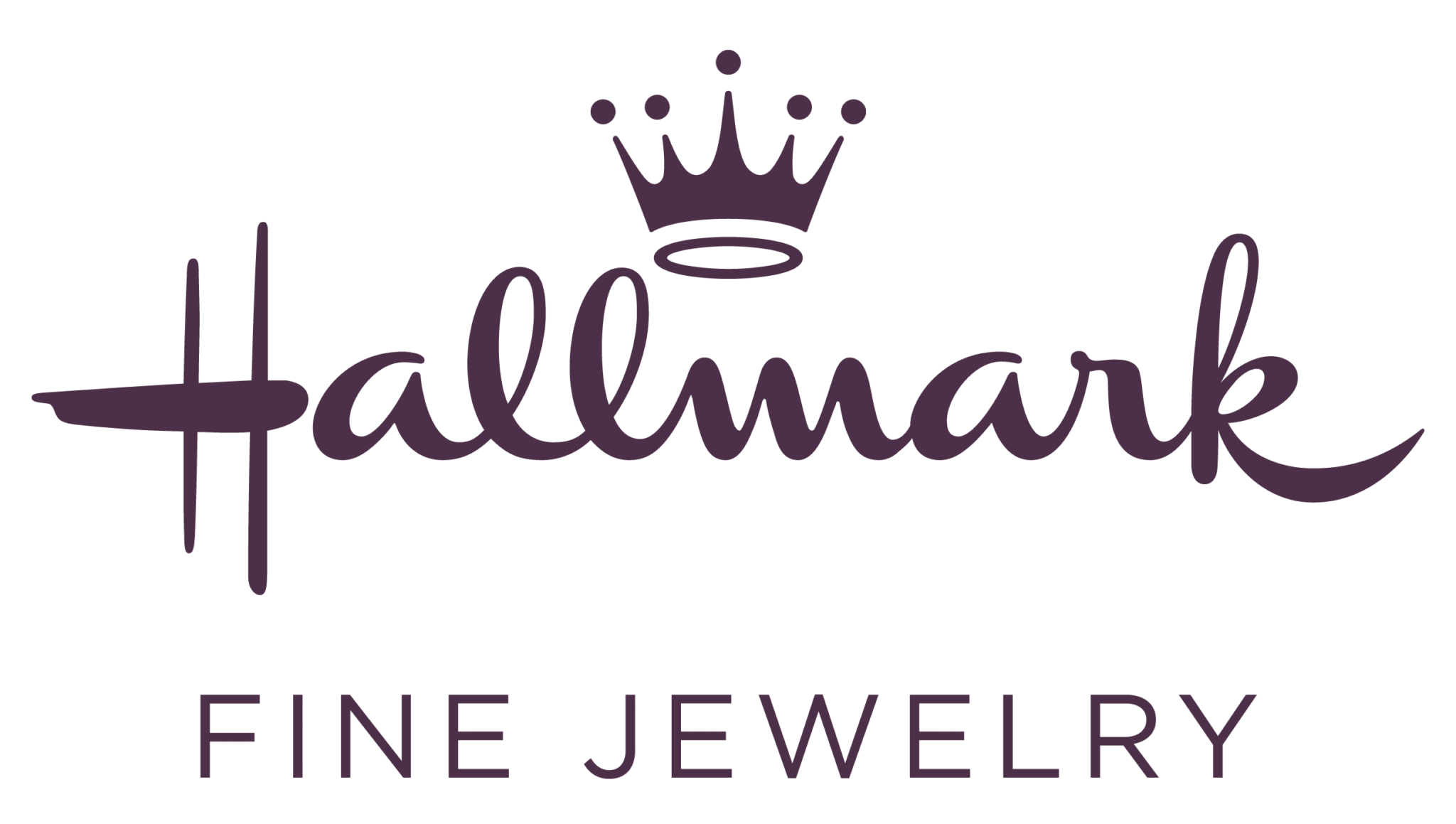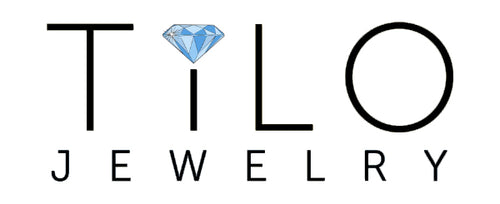One sure-fire way to establish your business online is through social proof. This means showcasing real users’ experiences with using your product in an attempt to lessen buyer remorse, doubt, and anxiety. This is particularly important for pricier items, like fine jewelry, where the customer is looking for more reassurance. Also, with jewelry, the investment is often not only financial but also emotional.
Social proof is primarily achieved through testimonials and reviews, but also through brand awareness groups, aka communities. A large online community serves as proof that you’re an active, digitally-savvy business. It attests to your professionalism and brand image.
Testimonials and reviews attest to your products’ quality. Testimonials are statements by previous buyers given directly to you, either through social media or private communications. Reviews are comments made on third-party platforms, like marketplaces (e.g. Amazon, eBay, Etsy, etc.) or business review sites (e.g. Trustpilot, Google My Business, etc.).
This all may look simple at first glance but, before you can make this practice work for you, you have to understand the ins and outs of it. Here are a few important points to consider.
Trends and Statistics
While social proof usually comes in the form of content, images and videos count as well. Also, as audio search engines are starting to gain some ground, audio mentions on podcasts may soon be included under the social proof category.
When looking specifically at marketplaces, we find that about 10-25% of buyers leave a review, according to various marketplaces. On Amazon you can expect 1 out of 10 buyers to leave feedback, while on Etsy the numbers would be much higher. In general, however, adults over the age of 25 and desktop users are more likely to leave reviews than those in their teens or those using mobiles only. Women are also more inclined to it than men, but not by much.
Overall, most shoppers expect 100-200 reviews per product when searching online. Around 78% of US buyers use reviews when deciding whether to buy a product or not, and wealthier individuals tend to place a higher importance on them than low-income individuals.
Most marketplaces understand this important practice and, thus, allow sellers to request feedback, either directly or indirectly. But what makes it so important? While one might intuitively know the answer to this question, there is much more to it than meets the eye. Let’s see just how much.
Importance of Social Proof
Not only do testimonials and reviews build trust and credibility for a business, but they also lessen the possibility of risk in the mind of buyers. That is because, unlike paid advertisements, freely given and voluntary comments are usually not biased.
Genuine reviews and testimonials are one of the best forms of free, organic marketing. You are basically turning your customers into brand advocates with only some initial effort. Their words not only carry more weight than most of your other content, but they are also an important parameter for search engine algorithms. On top of that, actual users can explain your product in laymen, relatable terms while showcasing its use and benefits.
In addition to attesting to the product’s quality, reviews also provide additional information about the purchase. For non-standard products, such as jewelry, this becomes critical. The insights from the buyer on the purchase process, shipping, handling, and customer service, as well as the experience of a person using a unique item they bought (e.g. bracelet for a specific skin color or earrings to match a specific face shape) can become a product’s main selling points.
Acquiring Social Proof
Communities
Online communities are the key to long-term marketing and growth. They provide direct access to previous and potentially new clients. While growing and sustaining a community can definitely be a separate role on its own, it still can be managed using existing internal resources. Here are some tips on that:
Some more specific tips for the jewelry industry include:
- For loose diamond sellers, social networks can be used for B2B (business to business) selling (to jewelry manufacturers)
- Instagram is the most used platform for jewelry sellers, followed by Facebook
- Don’t neglect smaller but more targeted networks like Flickr and Tumbler as they are visual (image-oriented)
- Twitter is better if brand awareness has been established; so if you have a website, it becomes relevant
Reviews and testimonials
Do not be afraid to ask for reviews and testimonials. You can use post-sale marketing communications, short website pop-up forms, or incentivized requests. An example of an incentivized request can be offering a discount or a freebie in exchange for a review. This may not be allowed on marketplaces but, through multi-channel marketing, you can direct your users to other platforms where this is allowed and encouraged.
Another incentive example would be an exchange of testimonials, or a service/product barter. It is the typical “you scratch my back, I scratch yours.” In the case of jewelry, this could look like a free cleaning, inspection, or readjustment in exchange for a review. It is best to be upfront about your intentions when initiating such a request, and only do so with loyal customers.
To ensure you receive good quality reviews, it’s better to specify to your customers the points they should address. For jewelry, these can include not only the product features such as product quality, product selection, product uniqueness, but also the entire selling experience (packaging, sustainability practices, pricing, certificates, professionalism, delivery options, delivery speed, business mindset, and customization).
Most often, however, good quality products will generate positive feedback without much effort on your side. Once that occurs, you may simply use the comments that you receive, either by email or direct messages, and post them on social media or your other marketing platforms. If you haven’t yet started receiving feedback, you can simply ask for it. This is different from asking for a review or testimonial; feedback is just getting the customer’s honest opinion, good or bad. Either way, you’ll still benefit from it.
One more point to note here: while sharing your buyers’ feedback, make sure it complies with the information policy of each platform. Also, make sure your buyer is okay with you sharing key information such as avatar image, name, and so on. Share only what your buyers approve.
Additional Considerations
Now, many companies engage in buying fake reviews or publishing only positive remarks. And, while both of these techniques do work in increasing sales, when used for too long they tend to backfire and, often, ruin a company’s reputation. Customers will eventually catch wind of it and, once that trust is broken, it will not be a walk in the park to regain it. So this is not a useful tactic in the long-run.
Opening up your business to reviews can be a double-edged sword, as you may receive some negative ones as well. Around 91% of customers will not purchase from you again if they are unhappy, and it can take up to 40 positive reviews to undo the damage of a really evil one. Nevertheless, it is still worth the risk, especially if you have set proactive risk management strategies in place and respond to negative feedback openly and professionally.
Another point to keep in mind is that testimonials and reviews work best when combined with other marketing techniques. They are not meant to substitute other forms of advertising. You can look at them as booster shots to your already immune marketing campaigns.
All in all, social proof is an important component of your business strategy. Once you understand how it works and how to best acquire it, you’re on the fast track to increased visibility, excellent brand image, and more sales.




